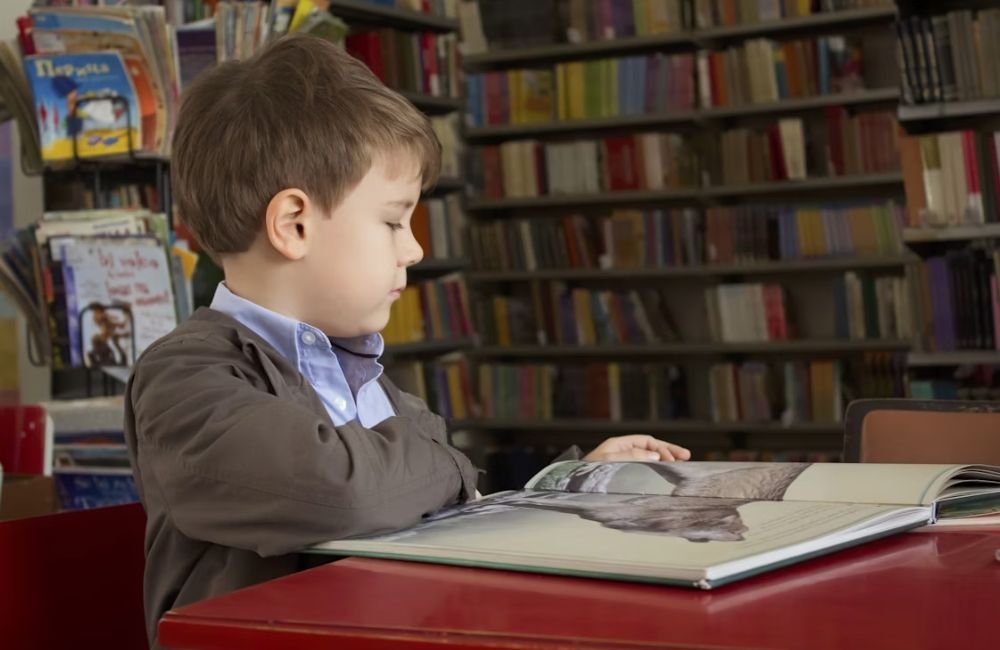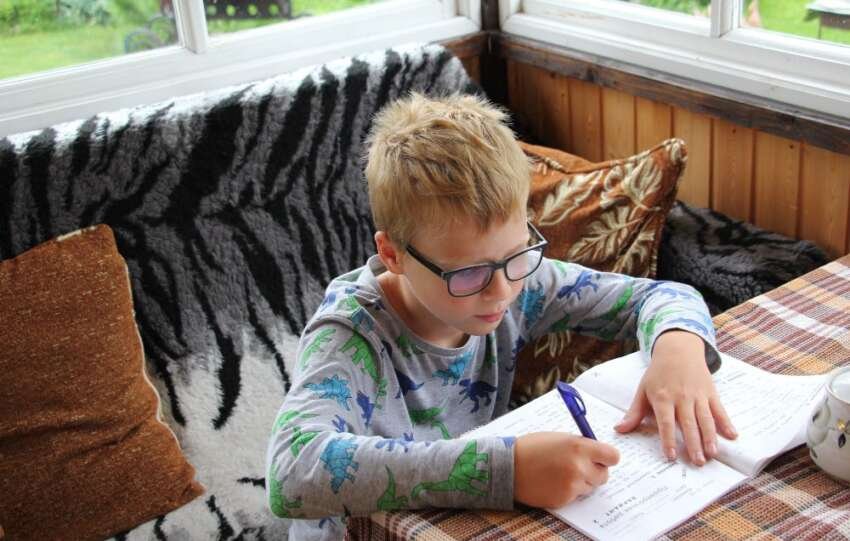Early years education at an international school helps children build academic, social, and emotional skills from a young age. They use an internationally recognised curriculum, like the International Baccalaureate, admired for its inquiry-led teaching and emphasis on connecting different subjects.
By encouraging curiosity and critical thinking, this approach expands children’s outlook beyond the usual classroom boundaries, introducing them to varied cultures and a global outlook. In addition, the well-rounded learning philosophy in these programmes places importance on play-based activities, individualised support, and emotional wellbeing, offering a strong basis for learning and growth.
Holistic Development and Global Outlook
International schools integrate a global curriculum that cultivates critical thinking and sparks creativity by encouraging pupils to explore beyond typical subject boundaries. By taking part in inquiry-based projects, learners examine multiple perspectives, leading to a more in-depth grasp of global issues.
This teaching style fuels inventive problem-solving while urging students to link academic ideas with practical settings. The culturally diverse atmosphere in these institutions extends their appreciation for different backgrounds and strengthens interpersonal skills.
Regular interactions with peers from various cultures shape empathy and sharpen communication abilities. Classroom activities often involve teamwork and open discussion, bolstering problem-solving capacities and cultural awareness.
Encouraging empathy and collaboration from a young age helps students approach future challenges with a balanced and versatile mindset—vital in today’s increasingly interconnected environment.
Emphasis on Early Childhood Approaches
Interactive, play-based methods in early childhood education actively spark curiosity and foster involvement. These approaches encourage children to investigate ideas through hands-on activities that stimulate creativity and critical thinking, going beyond traditional teaching models.
By building playful elements into the curriculum, the many advantages of early years education at an international school like Harrow Kai Tak become evident as young learners develop vital cognitive and social abilities in a relaxed but immersive way.
Smaller class sizes strengthen this groundwork by promoting individual attention and emotional support. With fewer students per class, educators can adapt their teaching strategies to each child’s needs, providing personalised assistance and creating a warm learning environment. This close-knit arrangement boosts academic growth and reinforces emotional resilience, allowing children to speak up with assurance and build positive relationships with classmates and teachers.
Diversity and Inclusion from the Start
In international school settings, a culturally rich environment fosters openness and tolerance from the beginning of a child’s educational journey. Children spend time with peers from many backgrounds, which helps them develop a natural respect for varied cultural norms and viewpoints. Frequent exposure to multiple languages and customs expands their understanding, encouraging them to appreciate differences rather than shy away from them.
Being in a setting where two or three languages are used also boosts thinking skills and supports clear communication. As pupils handle day-to-day interactions and school tasks, they absorb the importance of diversity, creating a strong base for caring and accepting social connections in the years ahead.
High-Quality Facilities and Curriculum
International schools channel considerable resources into top-notch facilities that spark active participation. Classrooms often feature modern technology and flexible seating arrangements, helping teachers and students easily switch between group work and individual tasks. Outside the standard classroom, libraries bring together a wide range of learning materials, while modern science labs, vibrant arts studios, and impressive sports facilities keep learners motivated and keen to put new ideas into practice. This engaging environment encourages them to connect theoretical knowledge with everyday applications.
Renowned programmes like the International Baccalaureate promote reflective thinking, sharpen research skills, and embrace creative exploration. Through extended essays, theory-focused activities, and practical projects, students learn to assess information critically and blend their findings with confidence. Although challenging, this well-rounded approach helps young minds stay curious and gain the skills they’ll likely need in today’s global educational scene. By experiencing a wide selection of teaching methods, students develop the agility and self-assurance to handle new obstacles.
Potential Challenges to Bear in Mind
International schools can come with steep tuition fees, often hovering between roughly $800 and $2,000 per month. That figure doesn’t include activity fees, trips, or various extras, which can quickly add up and stretch a family’s finances.
Moving your child to an international school also involves stepping into a new cultural or educational setting, which can unsettle their sense of belonging. If you shift locations frequently, your child may feel uprooted, so it helps to offer plenty of emotional support, encourage friendships, and keep them connected with old classmates.
Many international programmes, like the International Baccalaureate, are demanding, pushing students with tight deadlines and high expectations. Striking a balance between rigorous coursework and a healthy lifestyle is vital, as too much pressure can lead to burnout and have a lasting effect on a child’s overall development.
Essential Observations for Families Considering Early Years Education

When choosing an international programme for early education, it’s important to consider your child’s academic strengths and emotional wellbeing. Looking beyond the curriculum helps you gauge whether the teaching style and environment match your child’s usual learning pace and character.
Getting involved children education in early chats about an upcoming move keeps them informed, while also giving them something to look forward to. Inviting them to share concerns or ideas can help ease any worries and boost their confidence in the new setting. It’s equally useful to build a supportive connection with teachers. Staying in regular contact allows everyone to keep an eye on progress and address any adjustments early on. This steady, cooperative bond goes a long way in creating a positive and rewarding early education experience.


